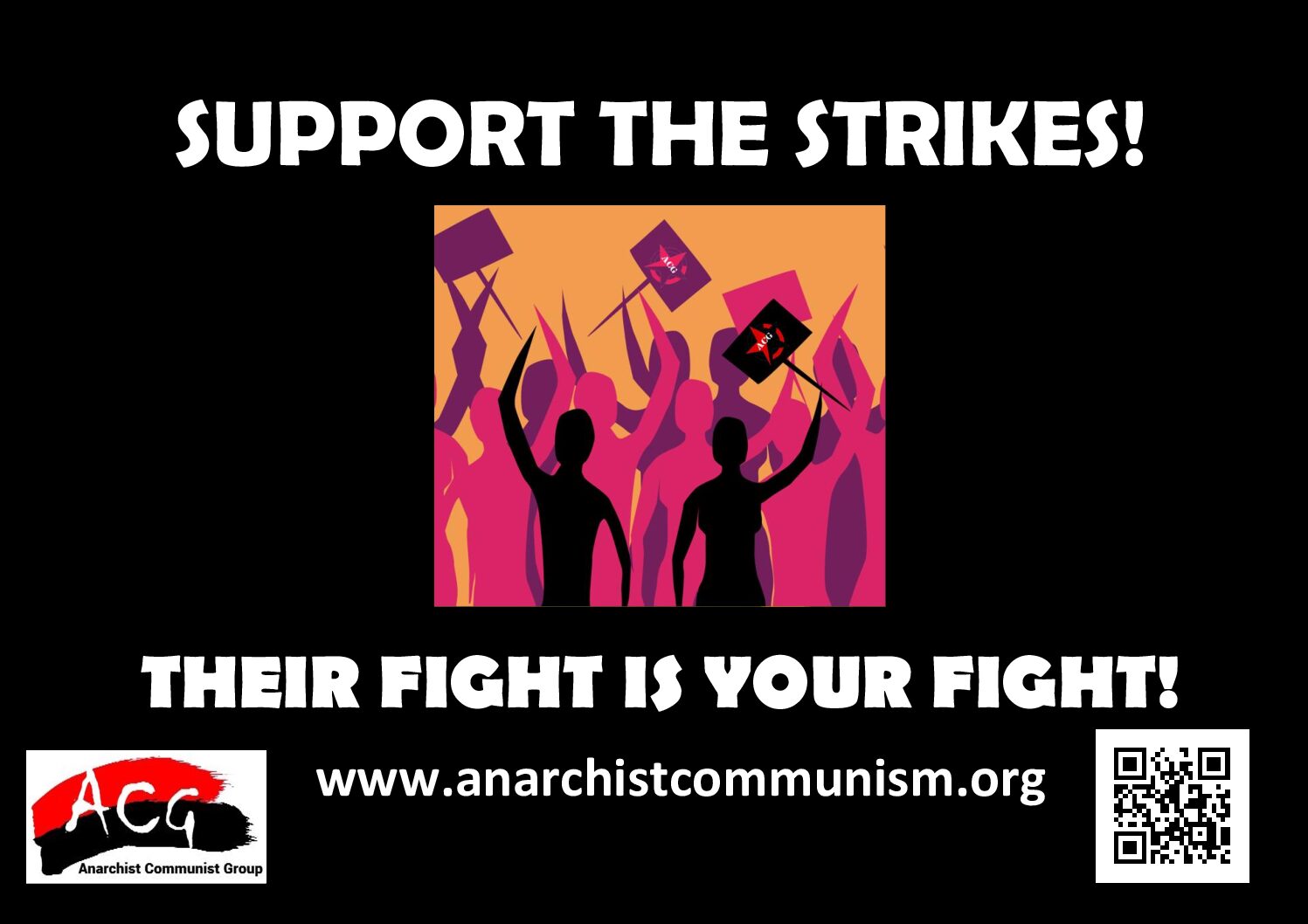Many workers are now standing up to fight. The ruling class and the Tory government, aided and abetted by the Labour leadership, are insisting that workers must accept job cuts, wage cuts, worse conditions and a downgrading of services. At the same time they have raised the cap on bankers’ bonuses.
The Sunak government is prepared to send in troops into hospitals in England and Wales to break the ambulance workers strikes and to deploy other soldiers to do the jobs of striking borders workers doing passport checks.
Meanwhile the trade union leaders have remained silent on these strike-breaking moves. There should be no cooperation with the Army with their strike-breaking operations and workers should immediately walk out if they are deployed.
In addition this government is planning further laws to limit the right to strike. This would entail implementing minimum service laws during strikes on the transport systems. In other words, the trade unions would have to agree to let many services be run during strikes.
Backing these proposals up, Labour stated that they would not repeal these laws if they were elected.
Isolated one day or two day strikes won’t deter the rail, post and NHS bosses. Workers need to bring in work to rules and go-slows tactics (as postal workers are already doing) and to increase the size and militancy of the picket lines. In addition pressure must be increased to force the union leaders to agree to coordinated strike action. Whilst some of these union leaders are paying lip service to the idea of a general strike, in reality they are failing to mobilise effectively now.
These self same union leaders are ready to agree to below inflation pay deals if they can. Look at the BT deal which was claimed as a victory by the CWU union leadership or the willingness of the GMB union to call off the planned strike by ambulance workers on 28th December.
Pressure from below is forcing union leaders to think of joint action on February 1st. Union leaders from ASLEF, CWU, FBU, GMB, NASUWT, NEU, UNISON and PCS met recently to discuss a joint strike day. The fire-fighters union the FBU decided not to join in the action as their ballot continues until January 30th.
A united one-day strike is still limited, but it is a start towards building unified action on a wide scale. Militant workers should put pressure on the union bureaucrats to make this day of action come about.
This year 2022 has seen hundreds of thousands of workers take strike action. According to the Office of National Statistics 417,000 working days were lost to strike action in October alone, the highest level since November 2011. More than this, from June to October, there were 1.1 million working days lost to strike action, the highest since the early months of 1990.
Despite this newly re-emergent militancy, union leaders are refusing to call for national rallies and demonstrations and to encourage support for the picket lines.
As the ACG keeps repeating, grassroots strike committees need to be organised looking for joint action and solidarity between the different striking sectors and looking towards building borough wide bodies uniting strikers, the unemployed, pensioners and school and college students to develop strike solidarity, to resist evictions, and to act as focuses for resistance to the Sunak regime and indeed to any future incoming Labour government intent on pursuing austerity and attacks on the pay and conditions of the working class.

